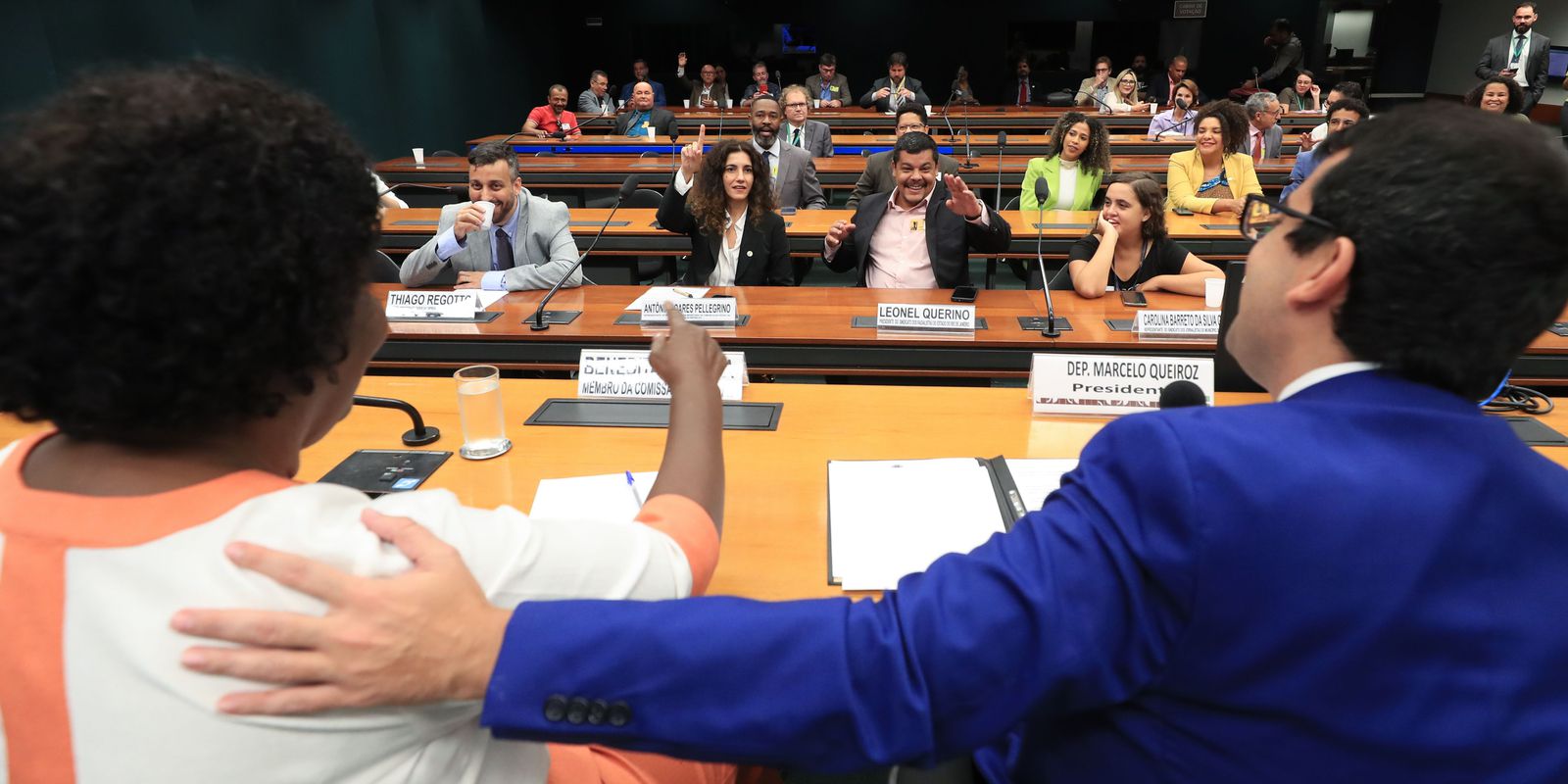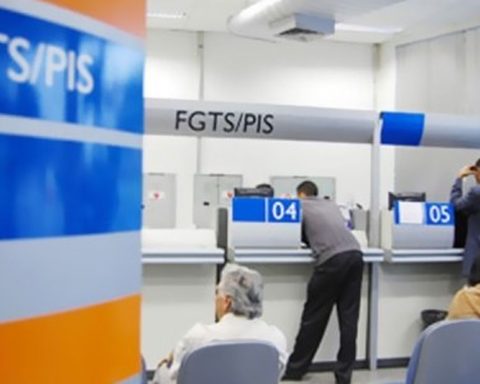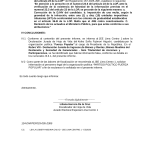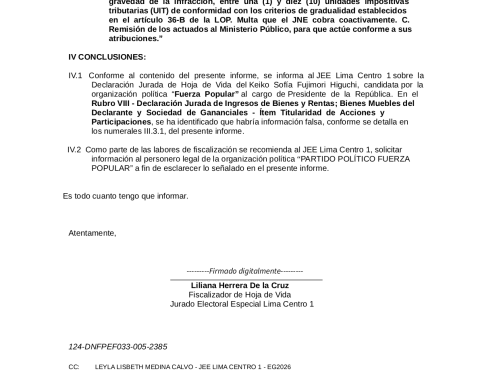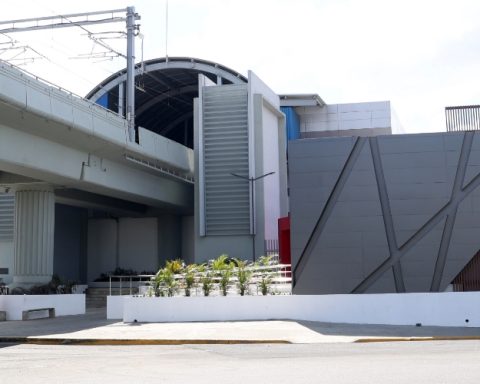First radio station in the country and the oldest in operation, the MEC radio reaches its centenary in 2023. Rescuing the broadcaster’s protagonism and the search for technological innovation were debated in a public hearing this Wednesday (12) at the Culture Committee of the Chamber of Deputies.
In addition to the historical importance of MEC radio in the dissemination of culture and education in the country, deputies, specialists and representatives of the management and employees of the Brazil Communication Company (EBC) recalled the dismantling process faced by the broadcaster in the last four years, with threats of disconnection, dismissal of employees, attempts to change programming and reduction of power.
Director of Content and Programming at EBC, Antonia Pellegrino, highlighted that the restructuring of the radio station is one of the priorities of the company’s new management. The director informed that the EBC seeks resources for digitizing the station’s vast collection, a step considered essential for a future request for the radio to be listed as a national heritage site (IPHAN). She also highlighted the radio’s role in defending democracy and combating misinformation.
“Reaching the centenary in the digital age is an invitation to reflect on the future of the MEC in the context of democracy and disinformation, how to expand its reach; conquer new audience; resume founding proposals; such as public formation, dissemination of music and education. It is strategic, in the face of threats to democracy and the Constitution, that MEC perform its educational and public vocation with better conditions, including critical reflection on events and the fight against fake news”, he said. The director represented the chief minister of the Social Communication Secretariat of the Presidency of the Republic, Paulo Pimenta, at the public hearing.
One of the points raised by the professor at the University of São Paulo (USP), Laurindo Leal Filho, was the expansion of the radio signal to the whole country, considered essential for the universalization of public communication. “If the citizens of a country pay their taxes to maintain this service, they all have the right to access it. This is a basic principle and I am convinced that this government will be committed to bringing this signal to every home”.
According to the executive manager of the radios EBC, Thiago Regotto, forms of expansion are being studied within the company. “Society must have equal access to public radio. To get an idea, the city of Rio de Janeiro has the most public radio stations. Inland, there are cities that do not have access to public radio. There are capitals that have one or none, ”he said. Currently, the MEC radio operates on 800 AM on the internet and apps.
Adjunct professor and director of the Radio and TV Nucleus at the Federal University of Rio de Janeiro (UFRJ), Marcelo Kischinhevsky, brought up the need to think about the convergence of MEC radio with digital media to bring quality content to young audiences.
“A MEC radio reaches its centenary, but continues to look to the future, offering programming for adults and tomorrow’s listeners, with children’s programs of enormous quality. We have the unique opportunity to resume investment in public and educational broadcasting, thinking about the formation of citizens, with no room for extremism, disinformation and denialism”.
Author of the request for the public hearing, congresswoman Benedita da Silva (PT-RJ) stressed that public communication has become urgent in the current situation in the country and for disseminating information to Brazilians. “We have to bring the culture of peace and communication will do that. Communication will take the truth from the people to the people. It is essential that the MEC radiothat EBC have resources,” he said.
The representative of the Union of Journalists of the Municipality of Rio de Janeiro, Carolina Barreto, defended the recreation of the Board of Trustees of the EBC, with the participation of different segments of society. “We want a Board of Trustees from civil society because there is no public communication without a board. This is part of best practice around the world.” The collegiate was abolished in 2016, during the government of Michel Temer, and has not yet been restored.
Homage
Participants paid homage to the UFRJ professor and retired broadcaster MEC radio, Helena Theodoro. Employees of EBC at the Rio de Janeiro branch they read a letter and gave an artistic presentation of São Paulo.
At the age of 15, Helena started her career as a radio broadcaster. In more than three decades, she has been a writer, producer and created historical programs, such as the Minerva project (distance education), “Samba na Palma da Mão” and “Origens”, about Afro-Brazilian culture and history.
During her years at MEC, Helena Theodoro told how she learned to write plays, appreciate classical, popular Brazilian and indigenous music, in addition to living with renowned artists in the country, among them Fernanda Montenegro and Nicette Bruno.
For Helena, the radio is the best way to listen to a people. “When you think about rebuilding culture, you have to think about listening. Listening is essential. We had a country that never listened to its people, neither to the black community, nor to the indigenous community, nor to the poorer classes. A MEC radio there was always this listening”, he said.
From the 20th of April, date of foundation of the radio, the EBC begins the commemorative events to the centenary. The program provides for the return of MEC’s historical content and programs and a presentation by a symphony orchestra.
